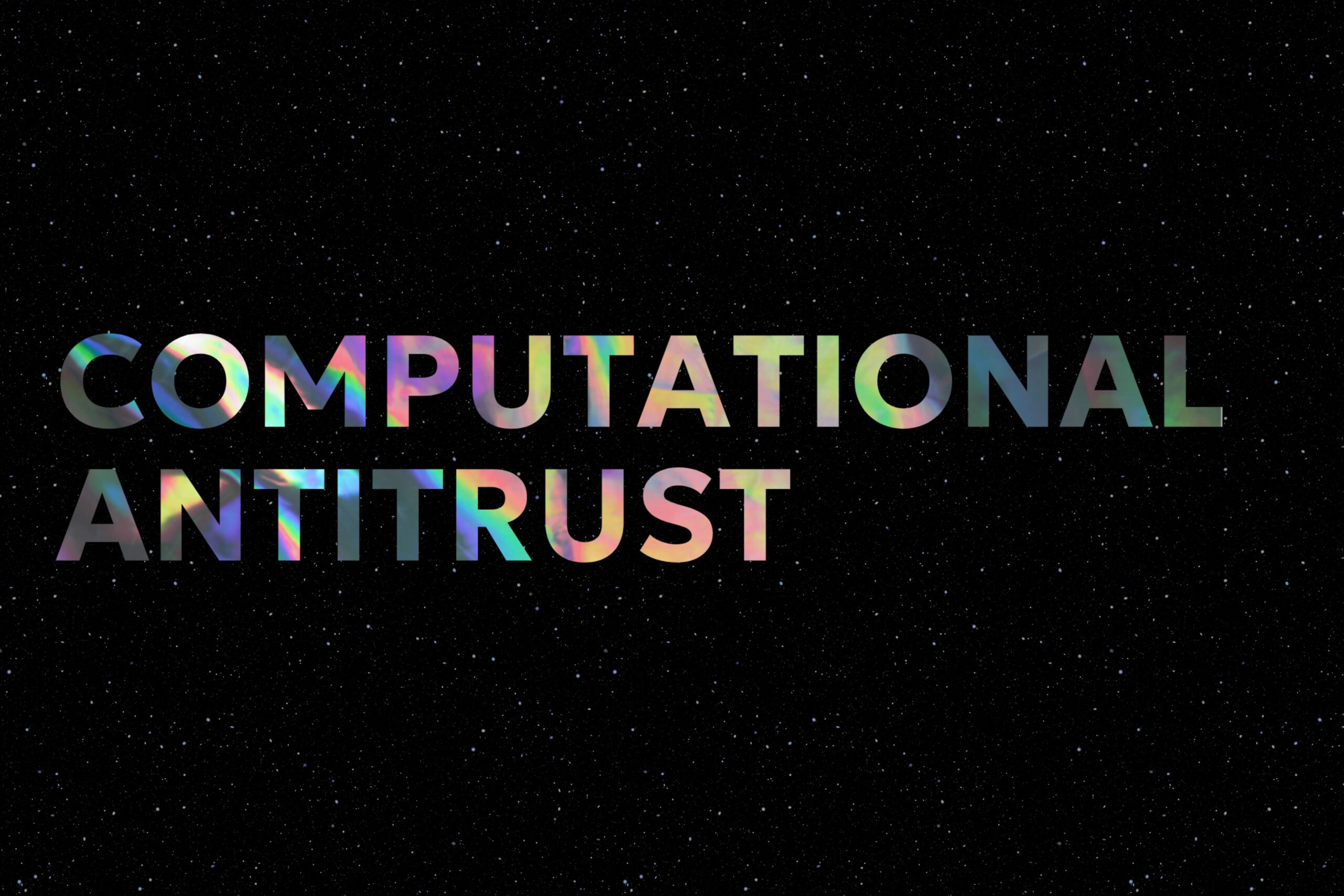Friends, I’m glad to introduce a series of short videos dealing with my most recent article, “Antitrust Without Romance” (to be downloaded over here).
The first deals with public choice theory and explains why it’s needed in antitrust. Public choice was introduced in the late 50s and democratized by James Buchanan and Gordon Tullock in “The Calculs Consent”, written in 1962. The idea: to study the behavior of individuals entrusted with public power (public choice was first called the study of “Non-Market Decision Making”). Indeed, they do maximize their personal interests, as everyone else. Sometimes, it leads to governmental failures.
Applied to antitrust agencies, it follows that two questions must be asked before they take action: 1/ is there a market failure?; 2/ is there a good institutional design ensuring that so that no governmental failure will be created when they take action? Generally, only the first question is being asked. Why? Because it is presumed that if there is a market failure, taking action will necessarily lead to a better outcome. This is… a romantic view of antitrust authorities.
Antitrust authorities do not ever discuss the risk of governmental failure. I’ve done my homework and checked the Federal Trade Commission, the DOJ’ Antitrust Division and DG Competition official publications: there is ZERO mention of such failures or how they contain the personal interests of their employees. This is problematic because the risk is real as their institutional design gives room for personal interests to take over on the general interest. We need to fix this. How come? I’ll give you my take on following videos, published every Monday. Thanks you for your time!
Download “Antitrust Without Romance” for a more detailed analysis








